Iranian firms scoop up billions of euros of deals at petrochemical expo
Knowledge-based Iranian companies have clinched deals worth billions of euros at the second specialized forum on supporting domestic production in petrochemical industries.
More than 40,000 billion rials (800 million euros) of contracts and memorandums were signed with domestic manufacturers to localize production of spare parts, fixed and rotating equipment, chemicals and catalysts, a Persian Gulf Petrochemical Industries Company (PGPIC) director said Tuesday.
Last year, Iranian firms had landed some 5,000 billion rials (100 million euros) worth of deals at the first version of the forum held on Kish Island. Less than a year since the signing, over half of the agreements have been implemented, PGPIC director of production control Mohammad Reza Soleimanzadeh said.
At the second three-day forum which opened Monday, more than 70 contracts were expected to be signed with Iranian manufacturers and knowledge-based companies, he said.
“In other words, one year since the first round of this specialized event was held, the projects that are assigned to Iranian companies in the form of contracts or memorandums under sanctions have increased more than eight times.”

According to Soleimanzadeh, many catalysts, chemicals, equipment and spare parts for petrochemical factories will be localized with the implementation of the contracts.
On Monday, head of the Society of Iranian Petroleum Industry Equipment Manufacturers (SIPIEM) Majid Mohammadpour said local firms had signed 3.2 billion euros worth of initial contracts with PGPIC with the aim of supplying goods and equipment for petrochemical projects.
Local providers, he said, supply 80% to 85% of the equipment required in oil, gas, petrochemical and refining projects.
For localization, 10 groups of high-demand commodities in the oil, gas and petrochemical industry have been defined and working groups have been formed with the participation of Iranian organizations, government agencies and the private sector to produce them in Iran.
With the signing of the $3.2 billion euro deal between PGPIC and SIPIEM which includes 200 Iranian firms, 60% of the capacity of knowledge-based manufacturers of equipment and providers of goods required in the oil industry will be tapped, Mohammadpour said.
Iran’s oil industry has been looking inward since the sanctions came into effect in November 2018, going out of its way to put unprecedented trust in local companies for the implementation of some major projects.
As an example, a multibillion-dollar deal to develop phase 11 of supergiant South Pars gas field has been awarded to Iran’s Petropars after French oil major Total and the China National Petroleum Corp (CNPC) withdrew from the project.
Last month, Iran launched its biggest refinery for processing gas associated with oil production, built by local companies with $3.4 billion (2.8 billion euros) of investment.

French company’s monopoly broken
On the sidelines of the Kish exhibition, knowledge-based Iranian companies snapped up a key deal for production of cyclic and continuous catalyst regeneration (CCR) reformers, one of the highly consumed catalysts in cracking units, Shana news agency reported.
France's Axens holds a monopoly over the manufacture and supply of CCR reformers, but the Iranian deal is set to break it for the first time, it quoted Nouri Petrochemical Company CEO Taqi Sanei as saying.
CCR reformers help process naphtha with a higher feed endpoint at cracking units.
Catalysts are solid, liquid or gas substances that are vital to the chemical industry. They are the marriage brokers of chemistry, helping form new chemical bonds in other materials to make a desired product. Industrial catalysts turn chemicals into everything from plastics to paint to drugs.
Sanei said six of the eight catalysts used at Nouri Petrochemical Company have been localized and are already produced by Iranian companies.
“The indigenization of catalysts used in Iran, in addition to significant foreign exchange savings, reduces dependence on foreign manufacturers and suppliers," he said.
As many as 3,500 parts used at Nouri Petrochemical Company are already produced by Iranian manufacturers, Sanei said, adding it further targets local production of 250-300 parts a year.
Iran joins ammonia synthesis club
At the exhibition, an agreement was signed with Iranian producers to manufacture urea and ammonia catalysts, marking a milestone in the production of fertilizers.
Hengam Petrochemical Company CEO Alireza Javanmardi said eight catalysts are used in the production chain of urea and ammonia products, of which seven catalysts have been localized so far.
The new deal completes the chain in production of urea and ammonia catalysts and puts Iran in the league of countries possessing the technology for ammonia synthesis catalysts, he said.
“With the production of this catalyst, the set of catalysts used in the urea and ammonia chain will become Iranian and we will not need to import them.”
Local firms to produce strategic catalyst
CEO of Karoon Petrochemical Company Alireza Sediqizadeh said his unit had also ceded the production of widely used platinum mesh catalyst for production of nitric acid to knowledge-based Iranian companies for the first time.
Platinum mesh is one of the strategic catalysts in the production chain of isocyanates – a family of highly reactive chemicals widely used in the manufacture of flexible and rigid foams, fibers, coatings such as paints and varnishes for use in the auto industry, autobody repair, and building insulation materials.
According to Sadeqizadeh, Iran used to source the catalyst from Russia, India and Germany, but the supply was lumbered with high risks and costs.

Meanwhile, the Bidboland Persian Gulf Gas Refining Company entrusted design and construction of 24 electro-compressors to Iranian manufacturers, its CEO Mahmoud Aminnejad said.
Seven initial agreements worth 86 million euros were signed with local entities at the exhibition. Aminnejad said his company plans to cede the construction of another 110 compressors, turbochargers and some other high-tech devices to local manufacturers.
Iranian catalysts in Venezuela
Last week, reports said Venezuela had begun receiving a shipment of catalysts from Iran to help its Paraguana Refining Complex produce fuel.
The airlift comes after Iran sent more than a dozen flights to Venezuela last year to help restart Cardon refinery and alleviate acute gasoline shortages in the OPEC nation.
Iran has also sent several flotillas of vessels carrying fuel to Venezuela, as the two countries boosted economic ties in an effort to ward off escalating sanctions from Washington.
According to Reuters, Cardon is the only one of Venezuela’s refineries producing gasoline, with its naphtha reformer and catalytic cracking units producing around 60,000 barrels per day (bpd). The nearby 645,000 bpd Amuay refinery is producing naphtha to serve as a feedstock for Cardon’s gasoline units.
The catalysts shipped from Iran are expected to help restart gasoline production at Amuay, whose catalytic cracker has been offline since late 2019, in anticipation of planned maintenance at Cardon.
'Gaza has won': Social media users react to ceasefire with mix of relief, joy
Iran seeks South Korea’s assistance for AI, fiber-optic projects
VIDEO | Iran's 'Eqtedar' (Power) maneuver
Israel hits HTS military target in Syria for 1st time since fall of Assad
VIDEO | Press TV's news headlines
Israel has slaughtered 13,000 students in Gaza, West Bank
VIDEO | More Zionist than Zionists: Biden’s legacy to be defined by Gaza genocide
Hamas confirms handing approval of Gaza ceasefire deal to mediators


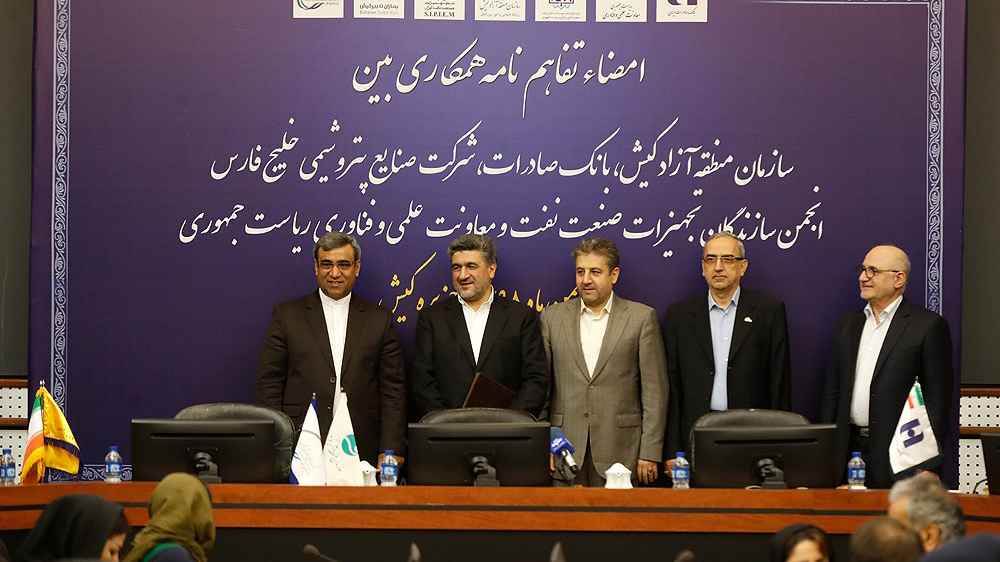
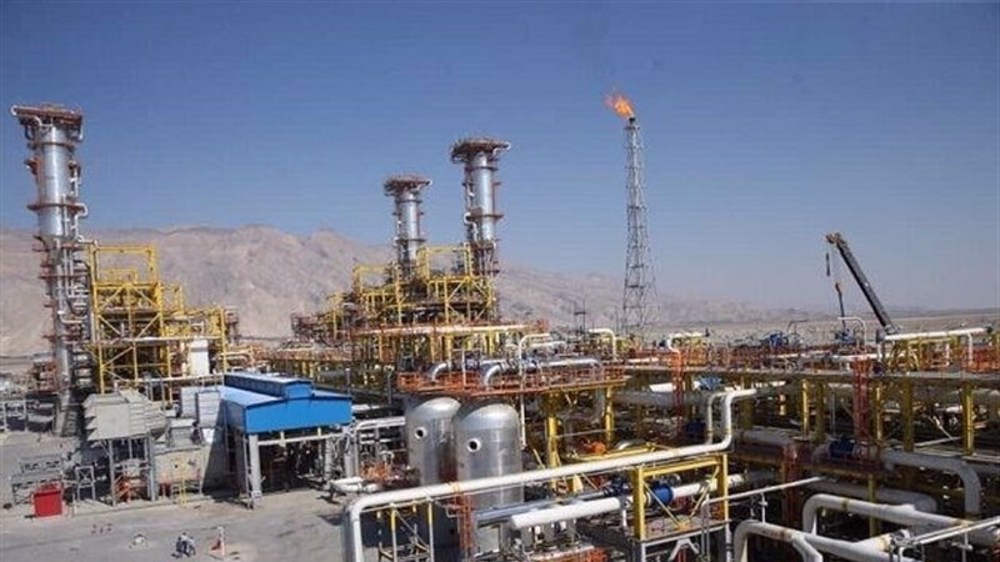
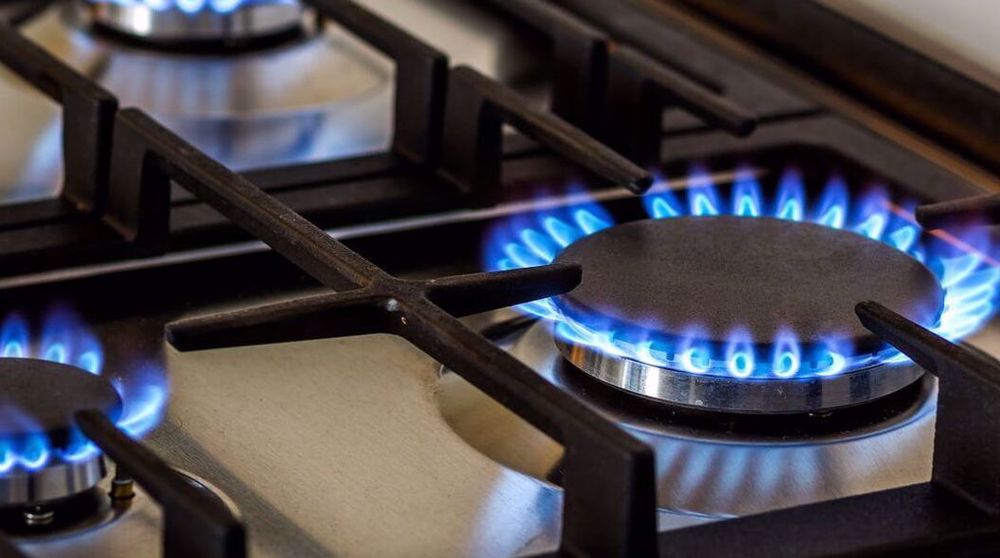
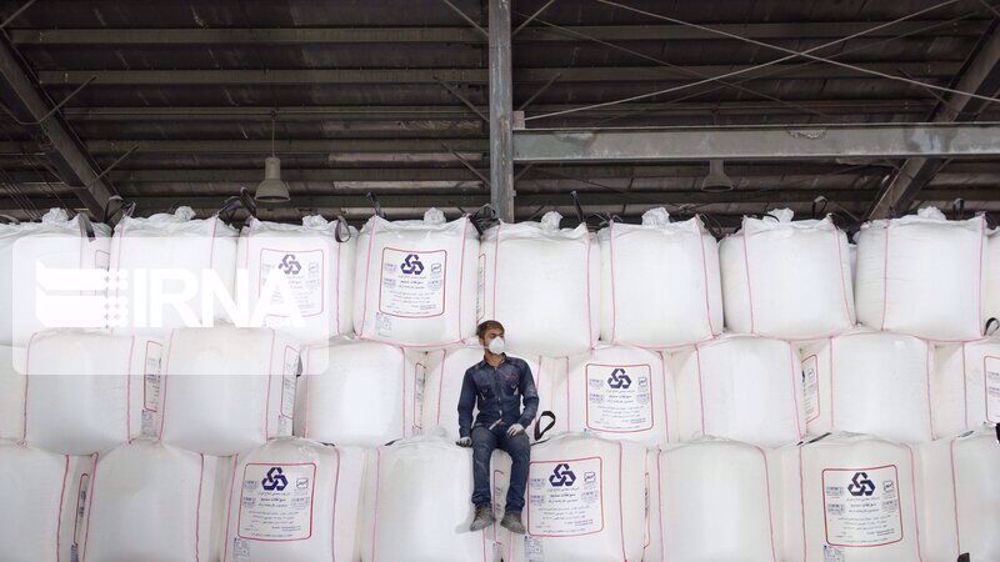



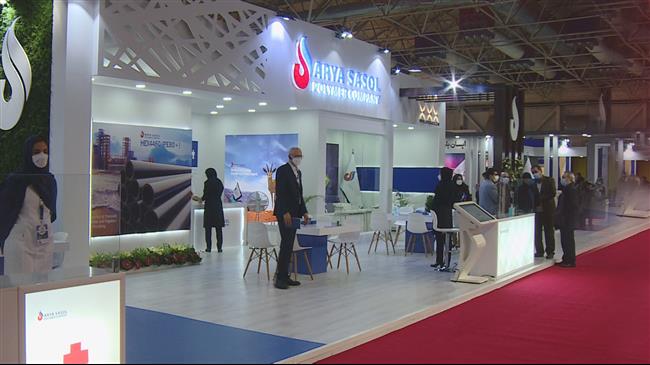
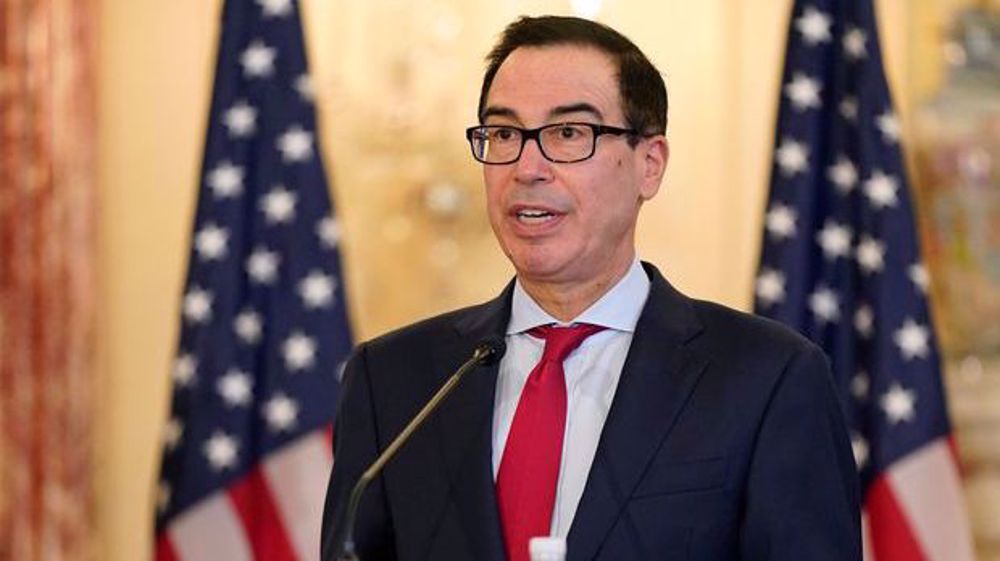
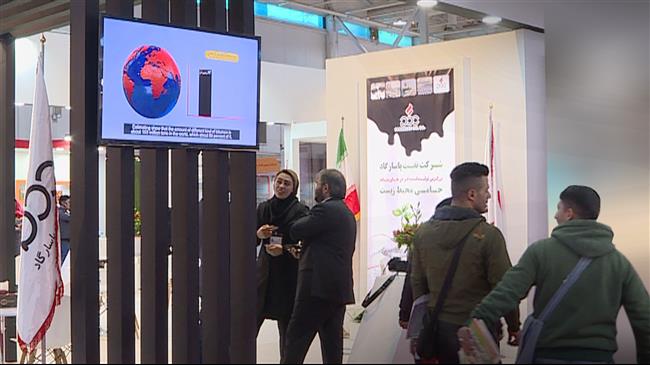
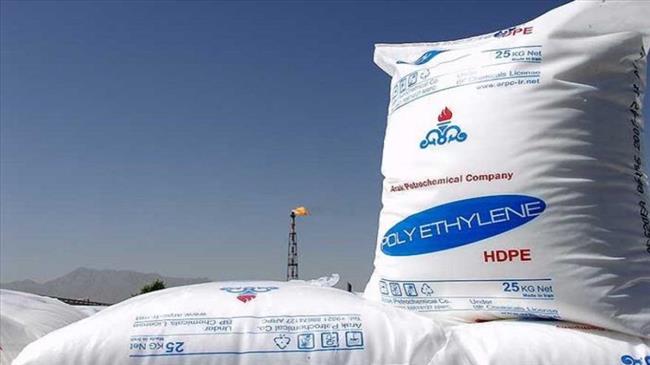
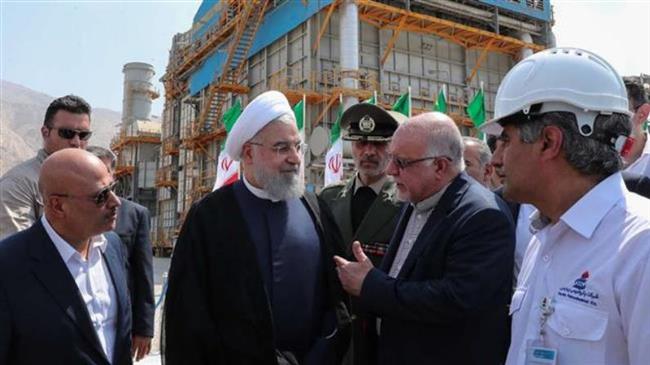

 This makes it easy to access the Press TV website
This makes it easy to access the Press TV website